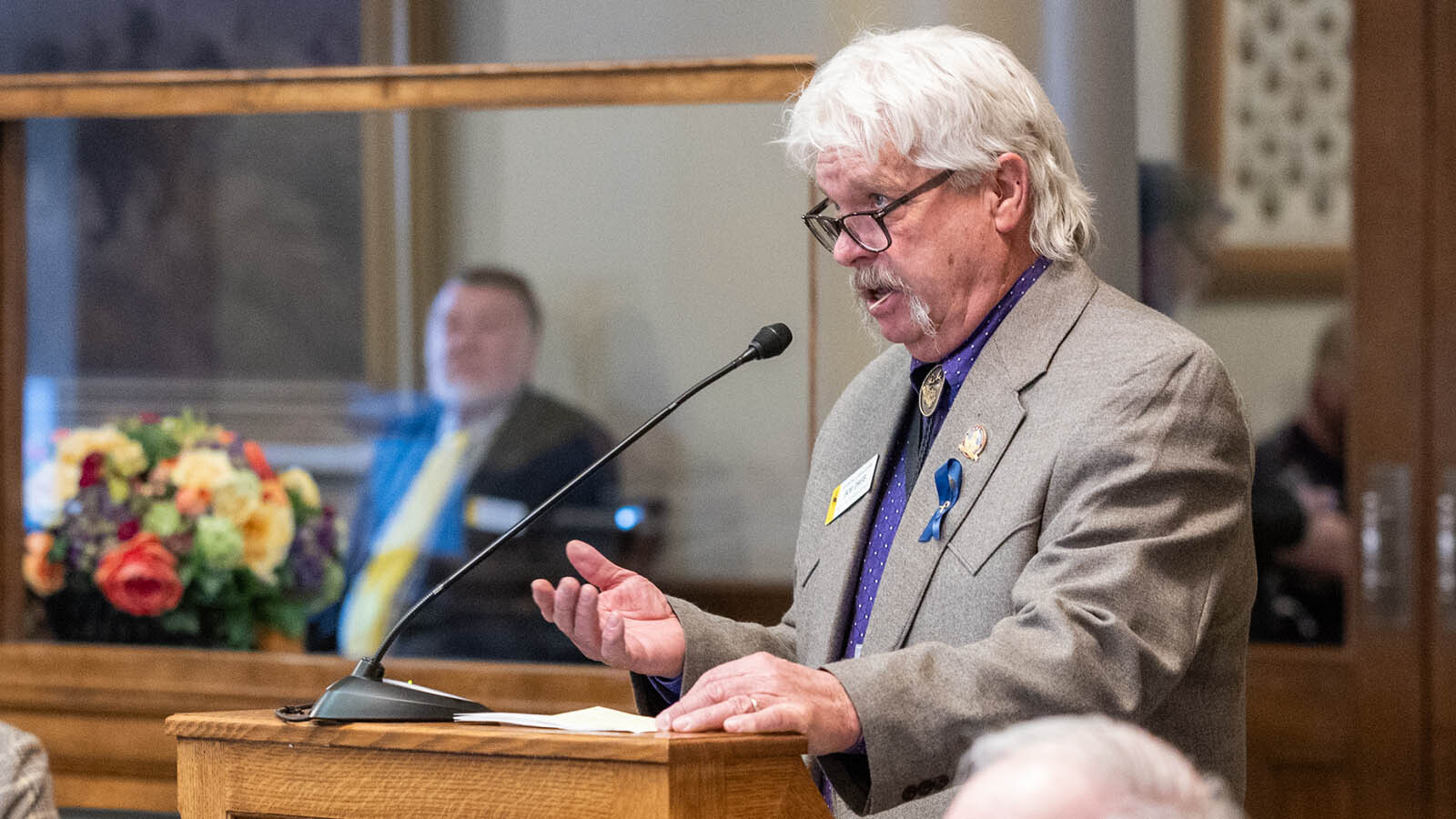Travel
UK to extend digital travel services to more visitors

The UK is set to implement a major expansion of its electronic travel authorisation (ETA) scheme, which will be mandatory for all visitors who do not require a visa.
Starting in April 2025, the system will ensure a smoother and more secure entry process for millions of travellers, aligning with the government’s goal of modernising the border and immigration system.
A new era for UK travel
From 27 November 2024, eligible non-European travellers will be able to apply for an ETA, which will be required for all non-European visitors from 8 January 2025.
The scheme will expand further to include eligible Europeans from 5 March 2025, who must obtain an ETA to travel starting 2 April 2025.
The electronic authorisation, which costs £10, is linked directly to the traveller’s passport, allowing multiple visits to the UK for up to six months at a time, within a two-year period or until the passport expires.
This move is part of the government’s broader strategy to digitise the UK’s border controls.
Access the most comprehensive Company Profiles
on the market, powered by GlobalData. Save hours of research. Gain competitive edge.

Company Profile – free
sample
Your download email will arrive shortly
We are confident about the
unique
quality of our Company Profiles. However, we want you to make the most
beneficial
decision for your business, so we offer a free sample that you can download by
submitting the below form
By GlobalData
Minister for Migration and Citizenship, Seema Malhotra, remarked, “Digitisation enables a smooth experience for the millions of people who pass through the border every year, including the visitors we warmly welcome to the UK who are predicted to contribute over £32 billion to our tourism economy this year.”
Strengthening border security
The ETA is designed to enhance border security by ensuring that more thorough checks are conducted before travellers even begin their journey to the UK. This proactive approach will help prevent abuse of the immigration system and safeguard the country’s security.
Gulf Cooperation Council (GCC) countries are already subject to the ETA requirement, and with the expansion, this process will extend to a broader range of nations.
The introduction of the ETA is consistent with similar measures already implemented by other countries like the US and Australia.
“Digital border security is now the global norm, and the introduction of the ETA is a critical step in modernising our immigration system,” added Malhotra.
Transitioning to eVisas for migrants
The ETA is just one part of the UK’s larger digitisation plan, which also includes a shift towards eVisas for migrants in the UK. From now on, individuals who need a UK visa to live, work, or study will receive digital proof of their immigration status.
These eVisas replace physical documents, such as biometric residence permits (BRPs), which can be lost, stolen, or tampered with. This transition eliminates the need for travellers to wait for or physically collect immigration documents, streamlining the process.
As the government continues to digitise, all migrants currently using physical immigration documents are encouraged to create an online account to access their eVisa before their current documents expire, with BRPs set to expire by 31 December 2024.
By working closely with global transport providers, the UK aims to ensure a seamless integration of the ETA and eVisa systems, enhancing both security and the traveller experience.










